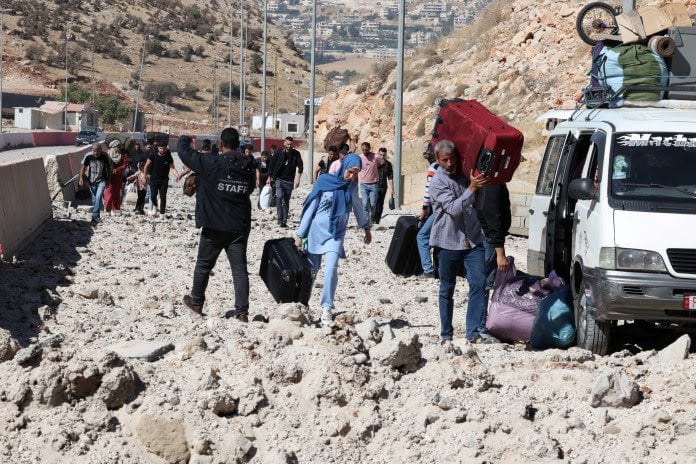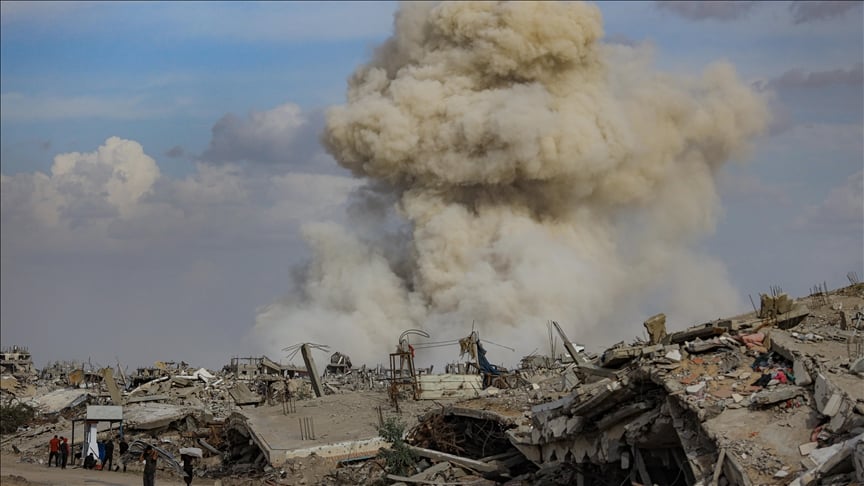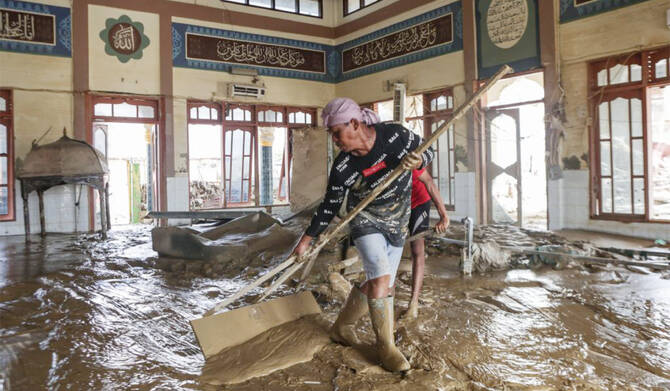In a significant escalation of hostilities, Israel has sealed off Lebanon's main border crossing with Syria following a series of airstrikes targeting Hezbollah positions in Beirut.
The attacks, which occurred early on October 2, hit the southern suburb of Shayyah, reportedly aimed at Hezbollah official Hashem Safieddine, who is rumored to be the successor to the late leader Hassan Nasrallah.
Israeli airstrikes struck near the crossing to Syria, creating a four-meter-wide crater, as Israeli military officials accused Hezbollah of using the route to smuggle weapons into Lebanon. Israeli Defense Forces (IDF) spokesman Avichay Adraee stated, "The IDF will not allow the smuggling of these weapons and will not hesitate to act if forced to do so."
The strikes come amidst growing fears of a broader conflict as tensions escalate following a recent missile attack from Iran on Israeli territory. U.S. President Joe Biden has suggested that Israel's response may extend to strikes on Iran's oil facilities, a move that has contributed to rising global oil prices.
Lebanese Transport Minister Ali Hamieh confirmed the damage at the border crossing, while reports indicate that over 300,000 individuals, primarily Syrians, have fled to Syria in recent days due to the intensified bombardments.
In Beirut, residents expressed their fears amid ongoing airstrikes. “It’s like you’re alive but not alive... we don’t know when the rockets will hit you and your family,” said Nouhad Chaib, a displaced civilian.
In response to the Israeli strikes, Hezbollah announced retaliatory actions against Israeli positions, further complicating the situation. Iranian Foreign Minister Abbas Araqchi arrived in Beirut to discuss the escalating conflict with Lebanese officials, indicating Tehran's support for Hezbollah.
Internationally, nations are preparing for possible evacuations of their citizens from Lebanon, as the conflict threatens to spiral further out of control. Israeli operations in Lebanon have already displaced over 1.2 million people, with nearly 2,000 fatalities reported since the beginning of the recent wave of attacks.
As the situation continues to develop, global leaders are urging restraint and calling for an immediate ceasefire to prevent an all-out war in the region.
The attacks, which occurred early on October 2, hit the southern suburb of Shayyah, reportedly aimed at Hezbollah official Hashem Safieddine, who is rumored to be the successor to the late leader Hassan Nasrallah.
Israeli airstrikes struck near the crossing to Syria, creating a four-meter-wide crater, as Israeli military officials accused Hezbollah of using the route to smuggle weapons into Lebanon. Israeli Defense Forces (IDF) spokesman Avichay Adraee stated, "The IDF will not allow the smuggling of these weapons and will not hesitate to act if forced to do so."
The strikes come amidst growing fears of a broader conflict as tensions escalate following a recent missile attack from Iran on Israeli territory. U.S. President Joe Biden has suggested that Israel's response may extend to strikes on Iran's oil facilities, a move that has contributed to rising global oil prices.
Lebanese Transport Minister Ali Hamieh confirmed the damage at the border crossing, while reports indicate that over 300,000 individuals, primarily Syrians, have fled to Syria in recent days due to the intensified bombardments.
In Beirut, residents expressed their fears amid ongoing airstrikes. “It’s like you’re alive but not alive... we don’t know when the rockets will hit you and your family,” said Nouhad Chaib, a displaced civilian.
In response to the Israeli strikes, Hezbollah announced retaliatory actions against Israeli positions, further complicating the situation. Iranian Foreign Minister Abbas Araqchi arrived in Beirut to discuss the escalating conflict with Lebanese officials, indicating Tehran's support for Hezbollah.
Internationally, nations are preparing for possible evacuations of their citizens from Lebanon, as the conflict threatens to spiral further out of control. Israeli operations in Lebanon have already displaced over 1.2 million people, with nearly 2,000 fatalities reported since the beginning of the recent wave of attacks.
As the situation continues to develop, global leaders are urging restraint and calling for an immediate ceasefire to prevent an all-out war in the region.


















